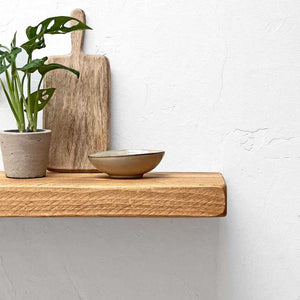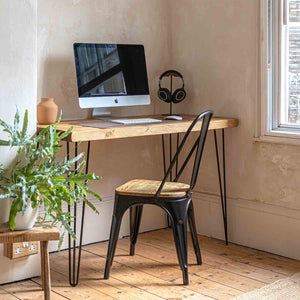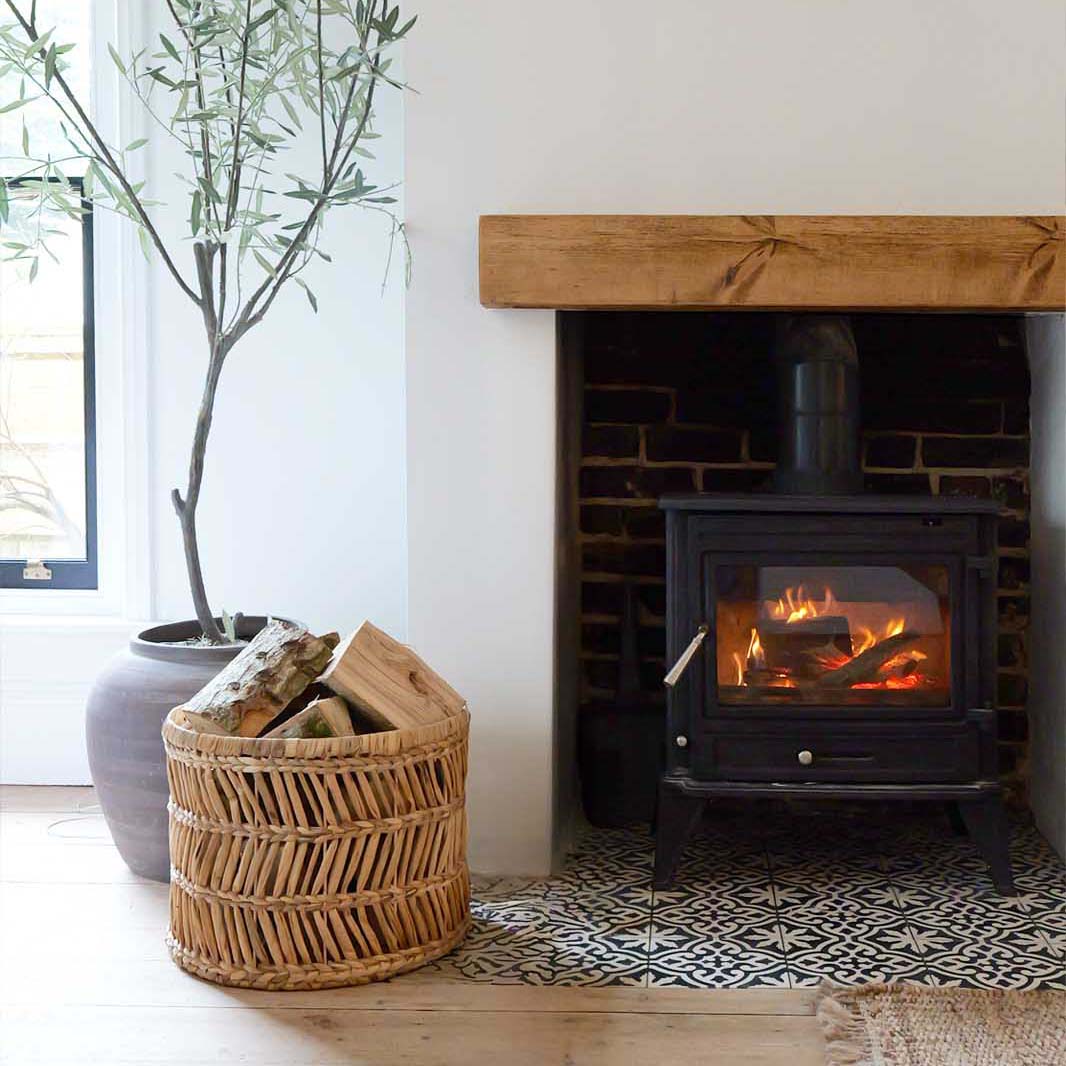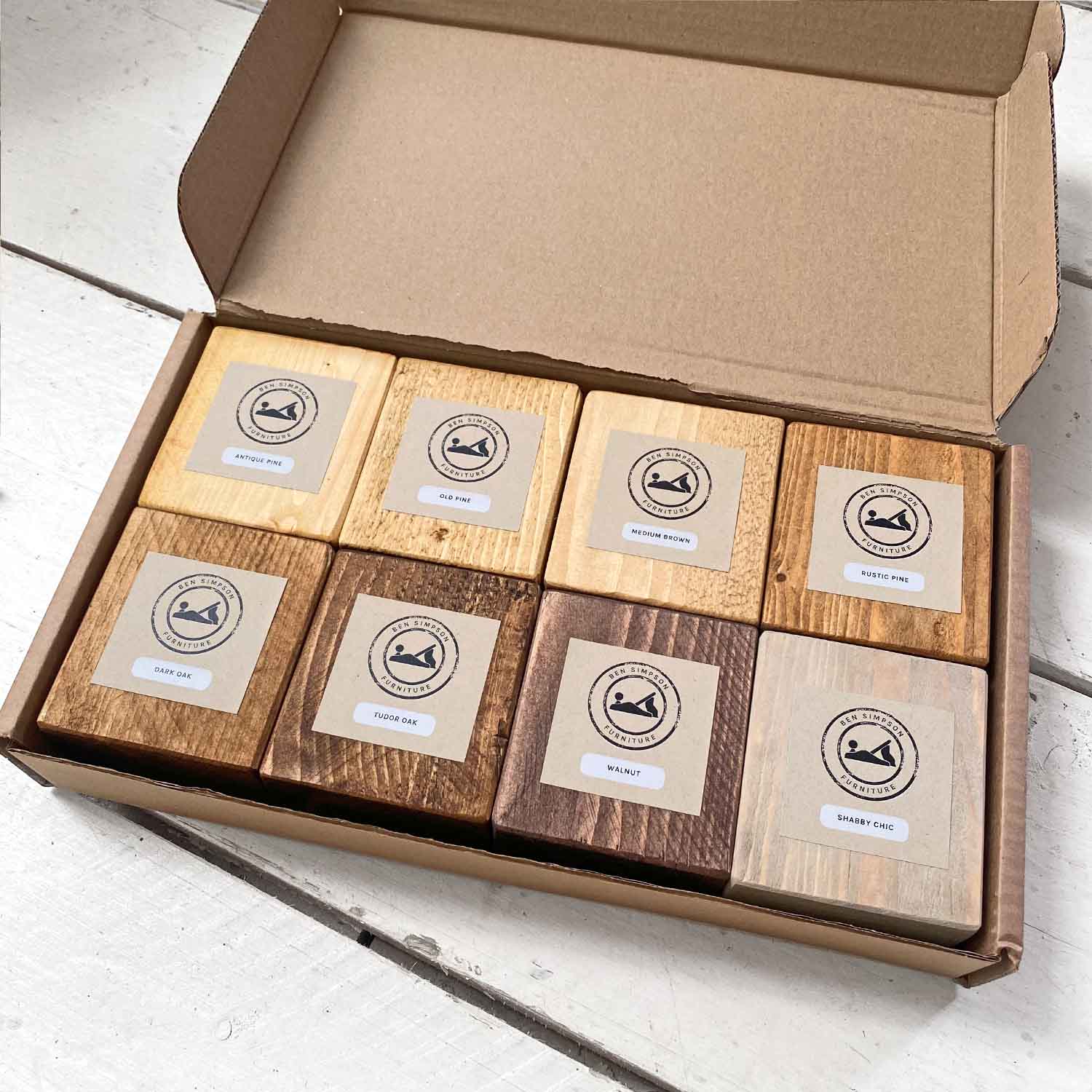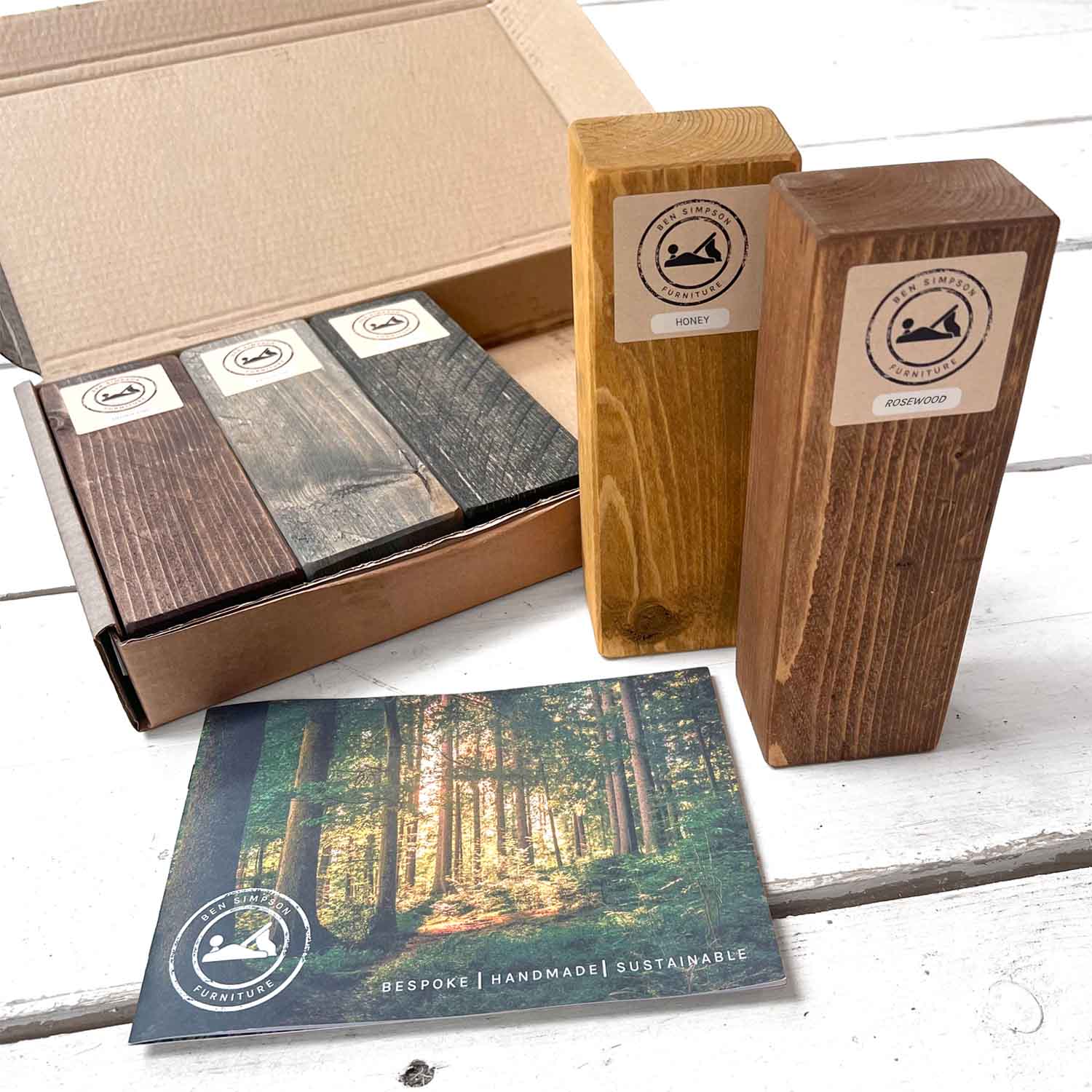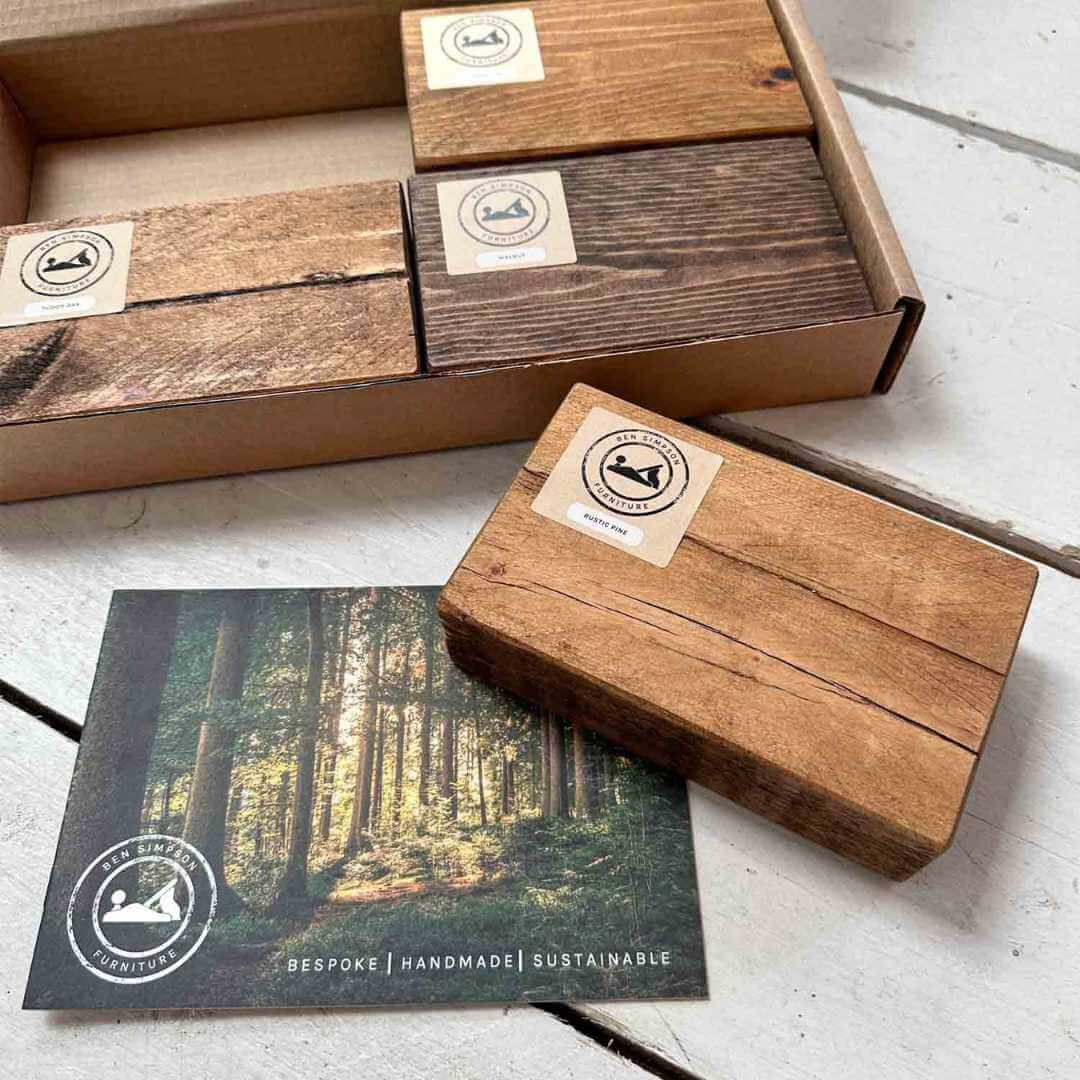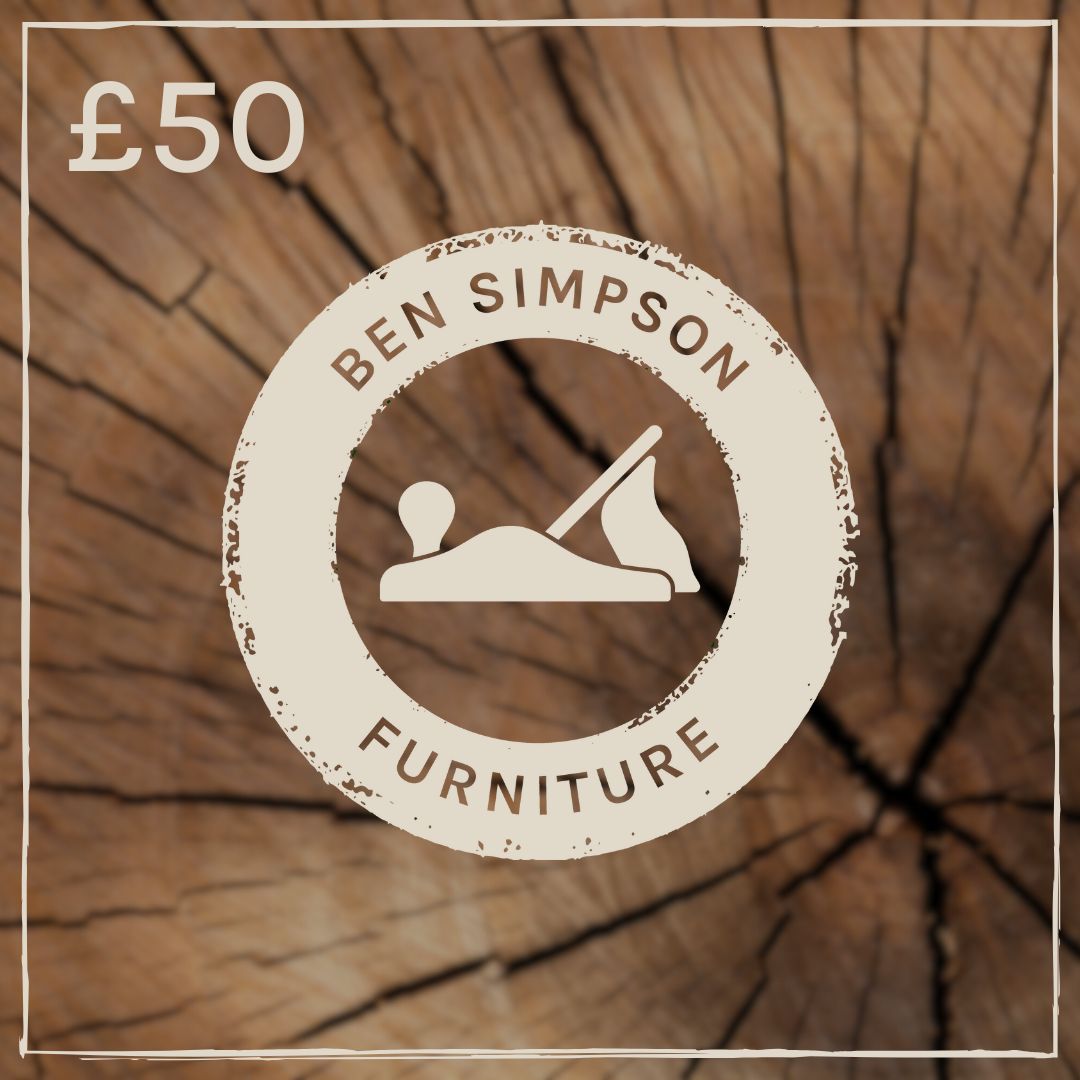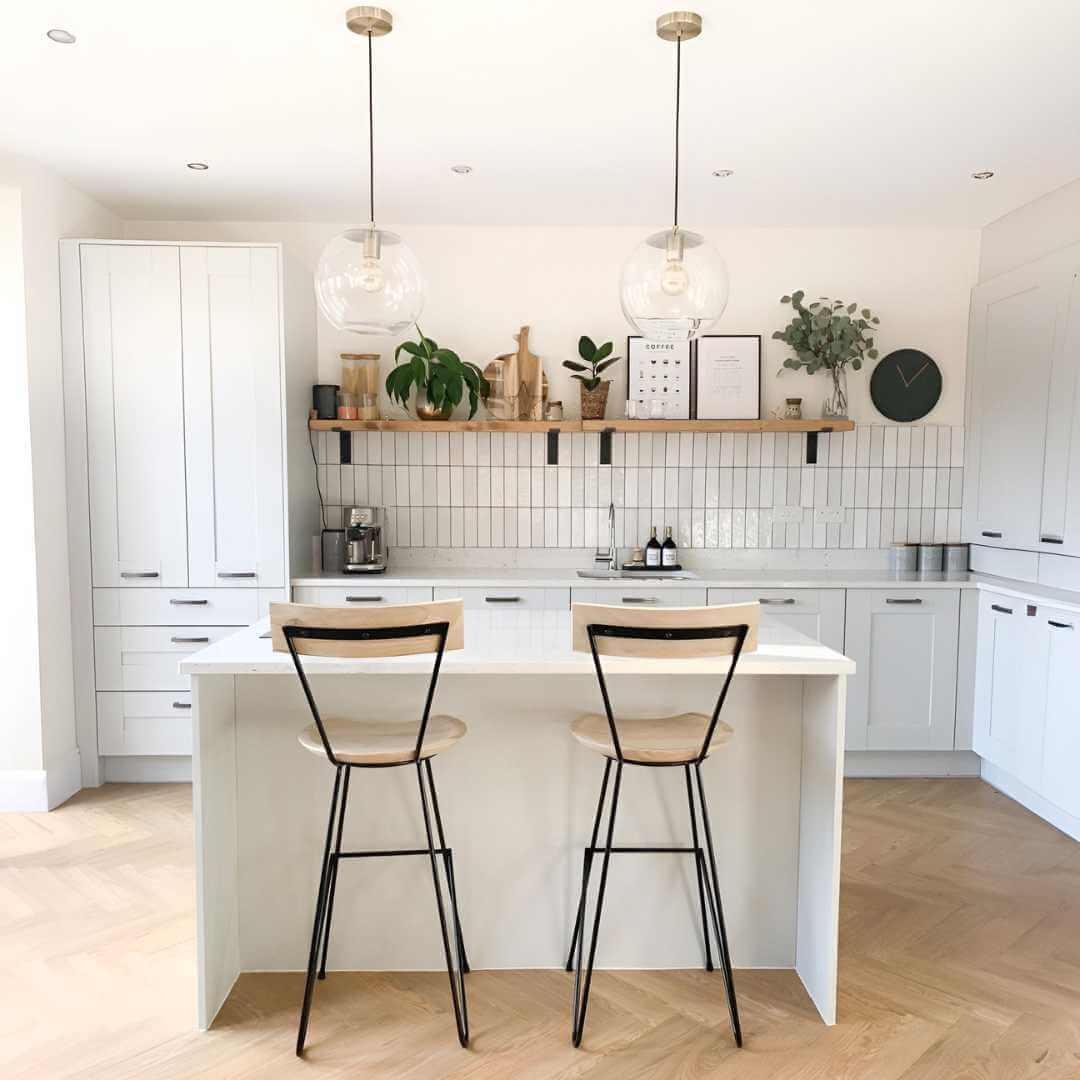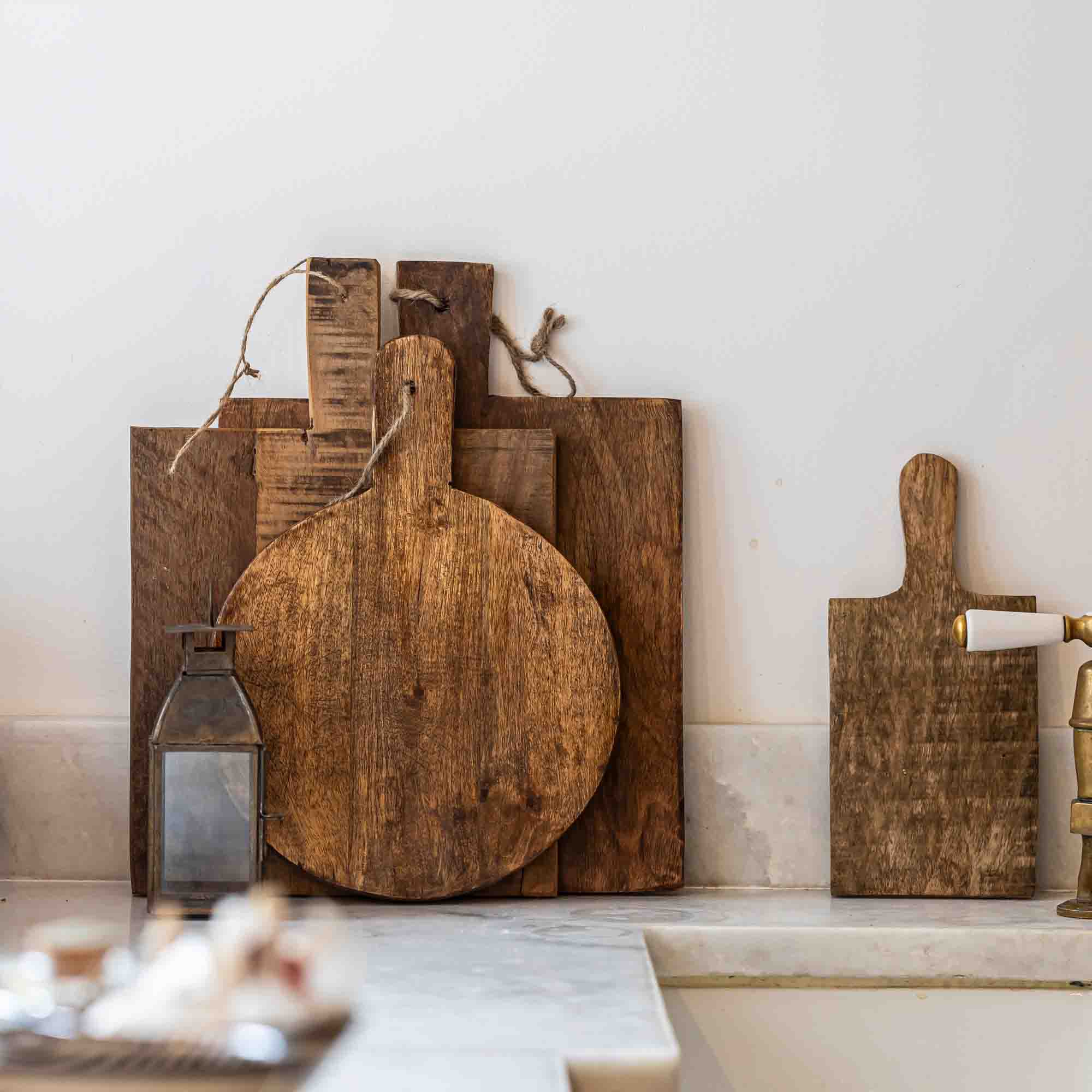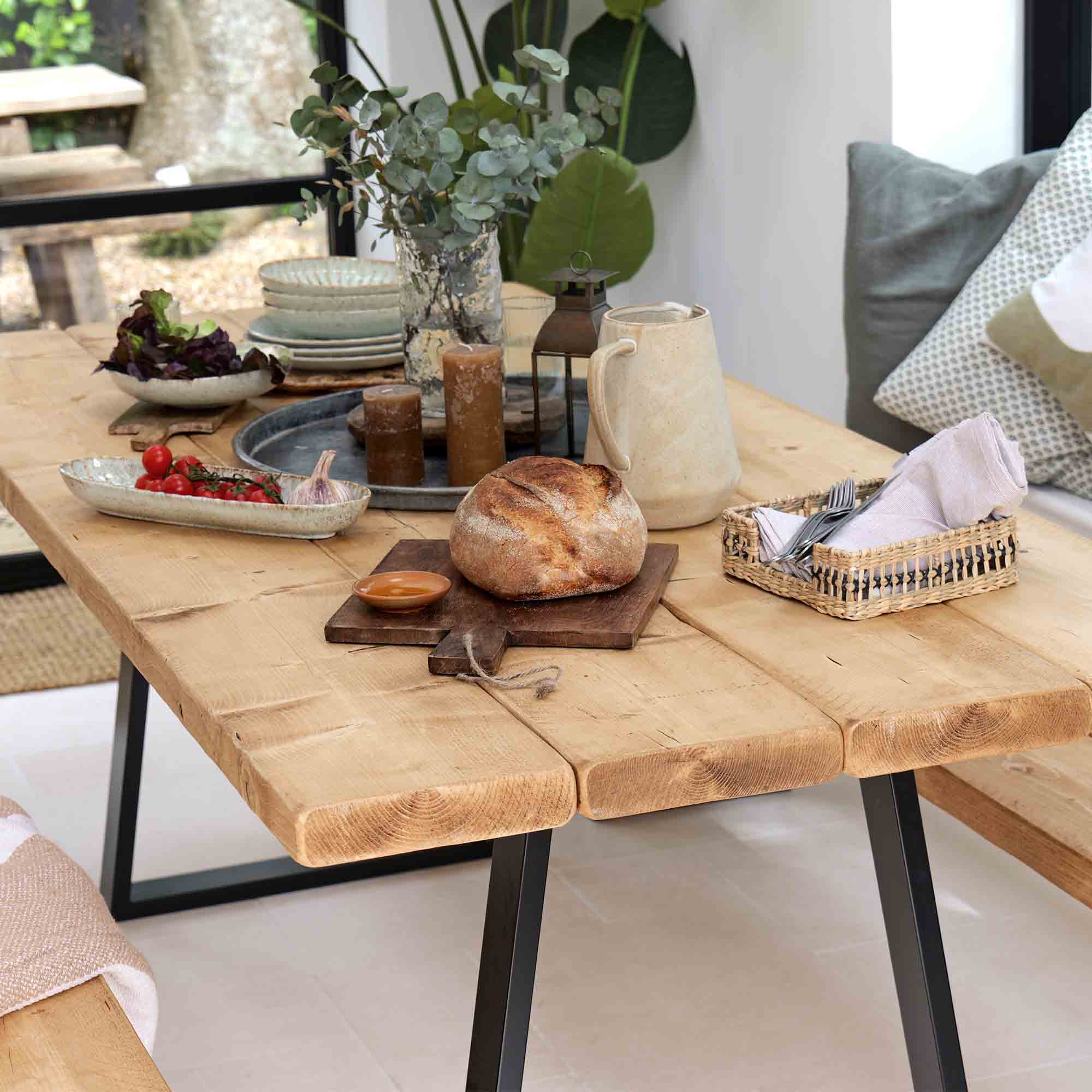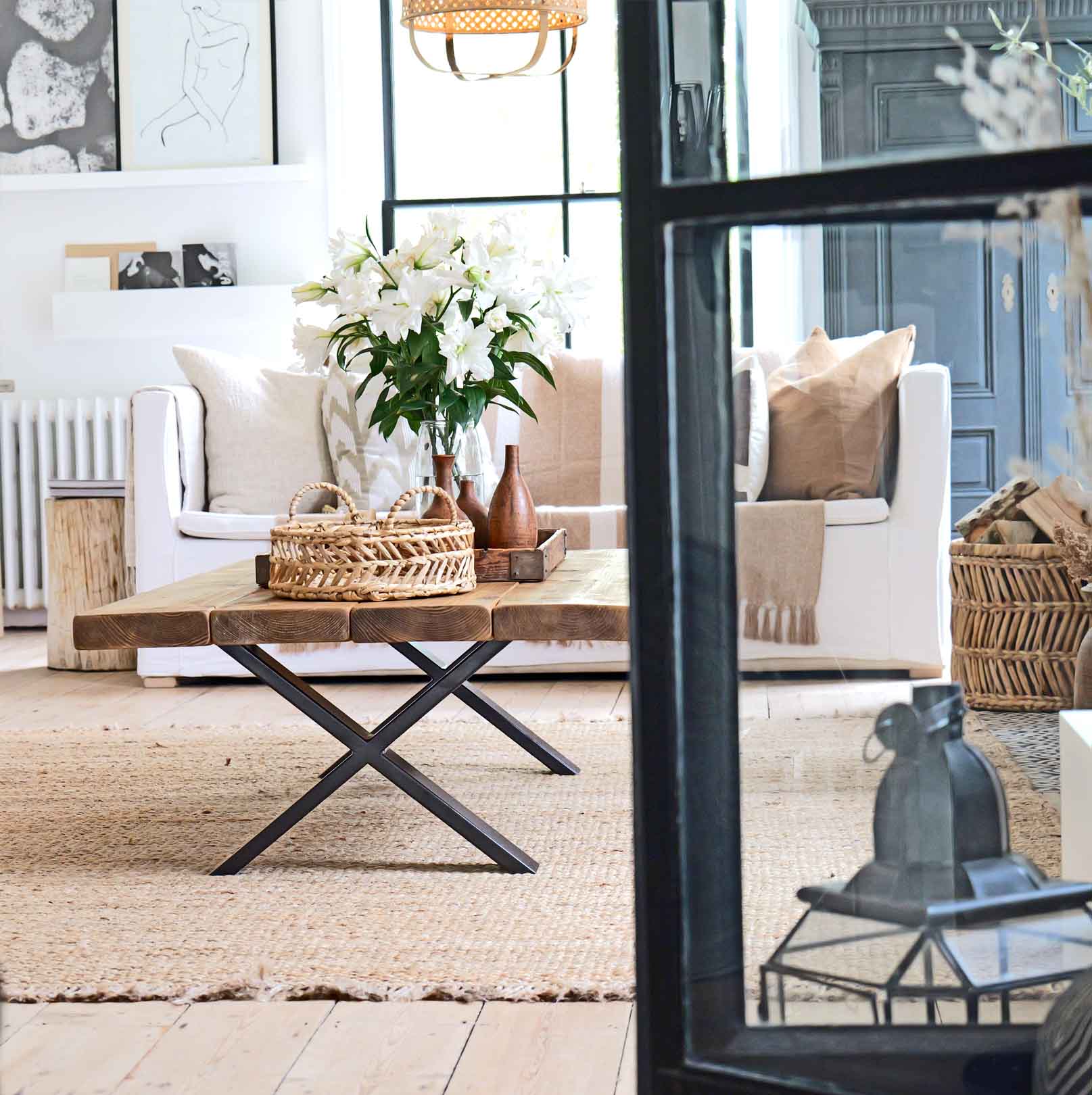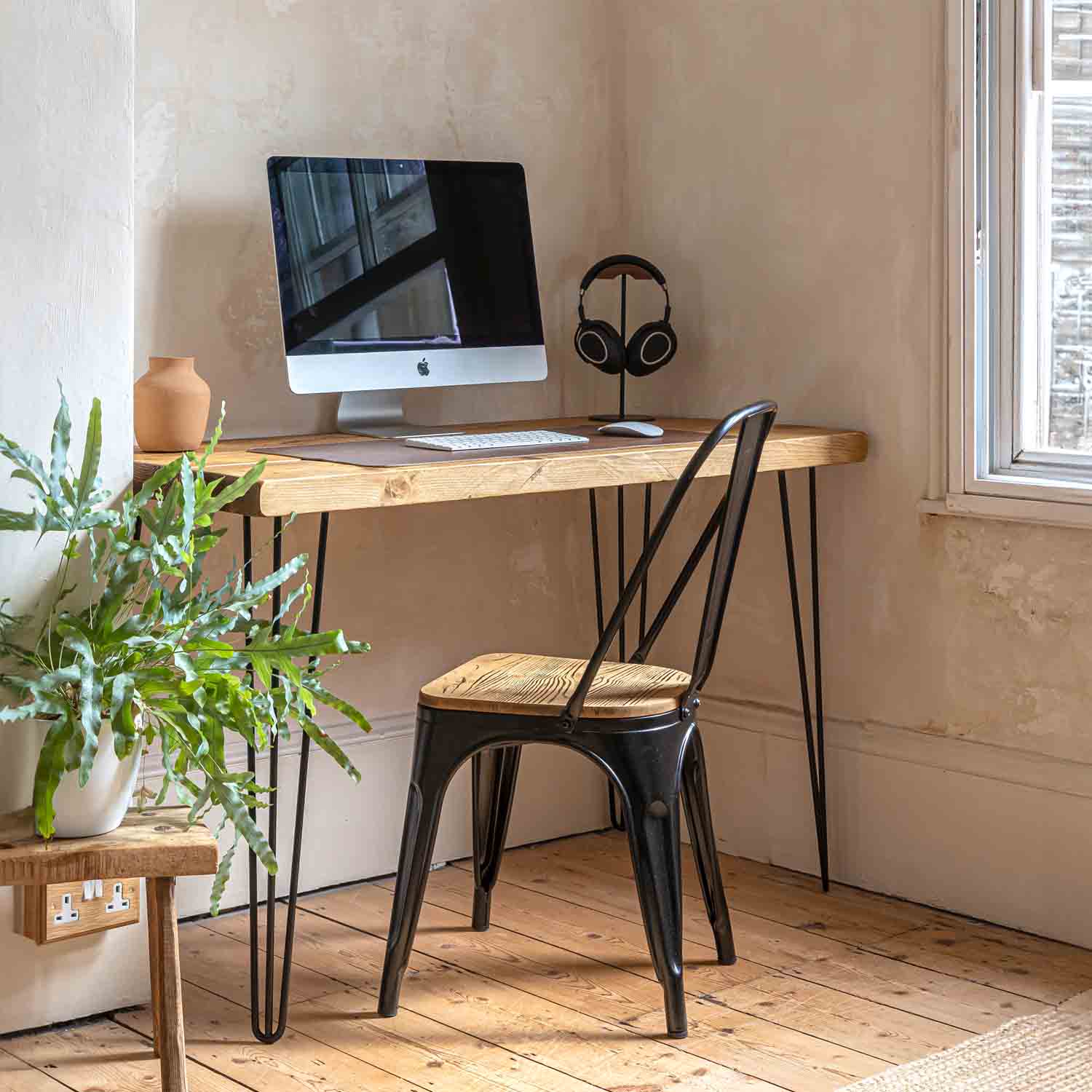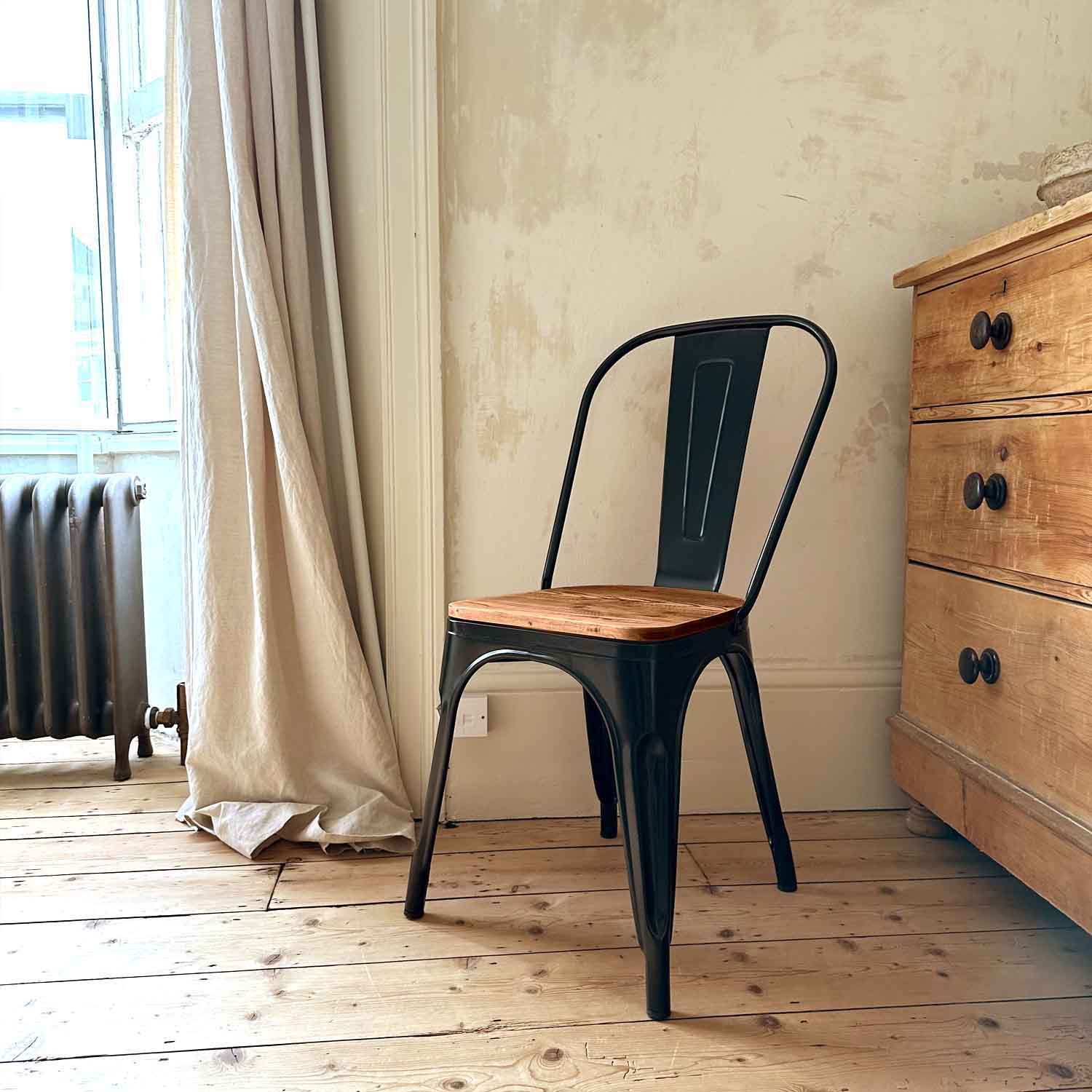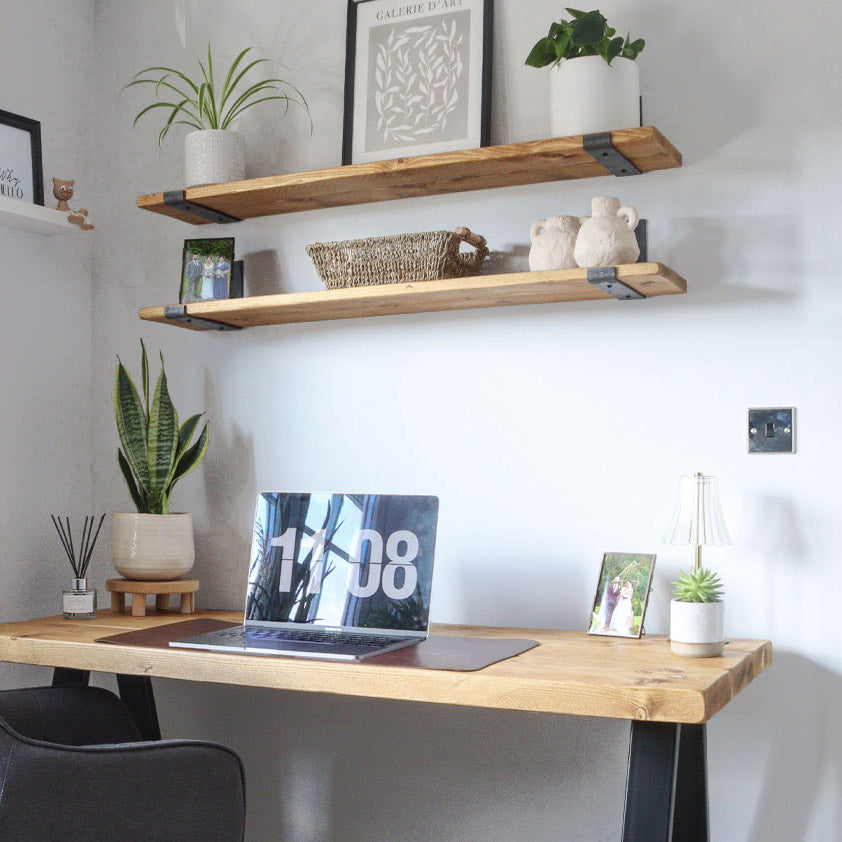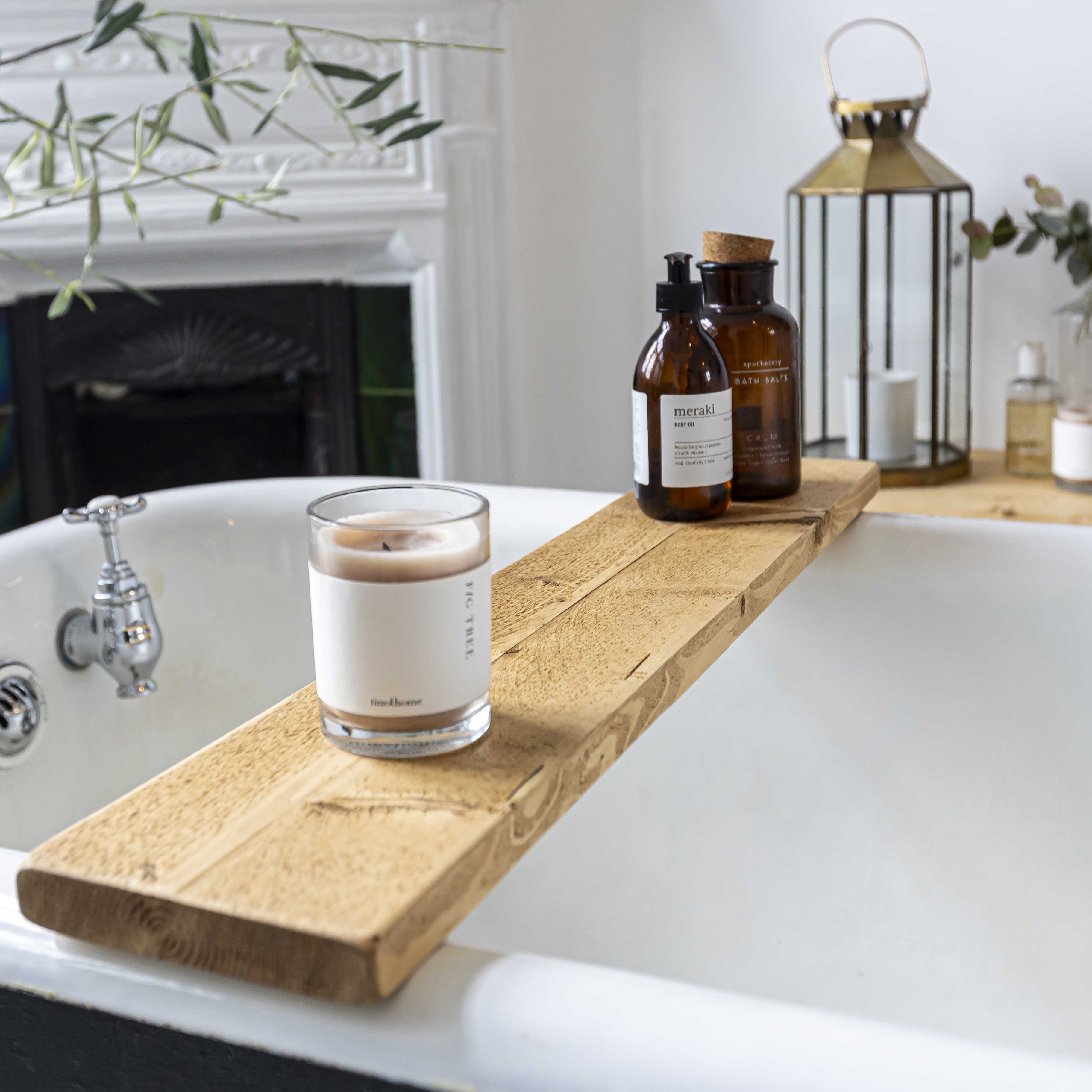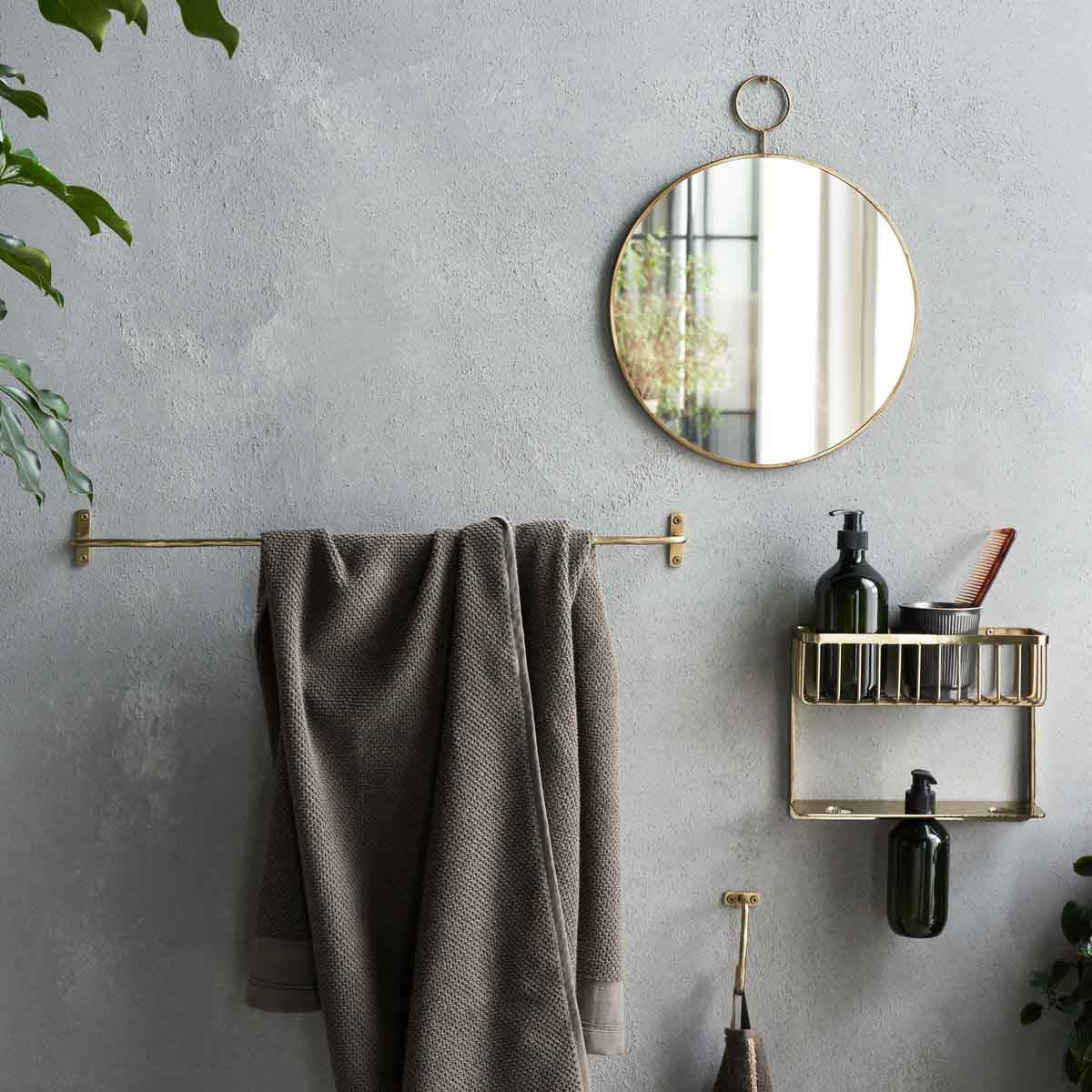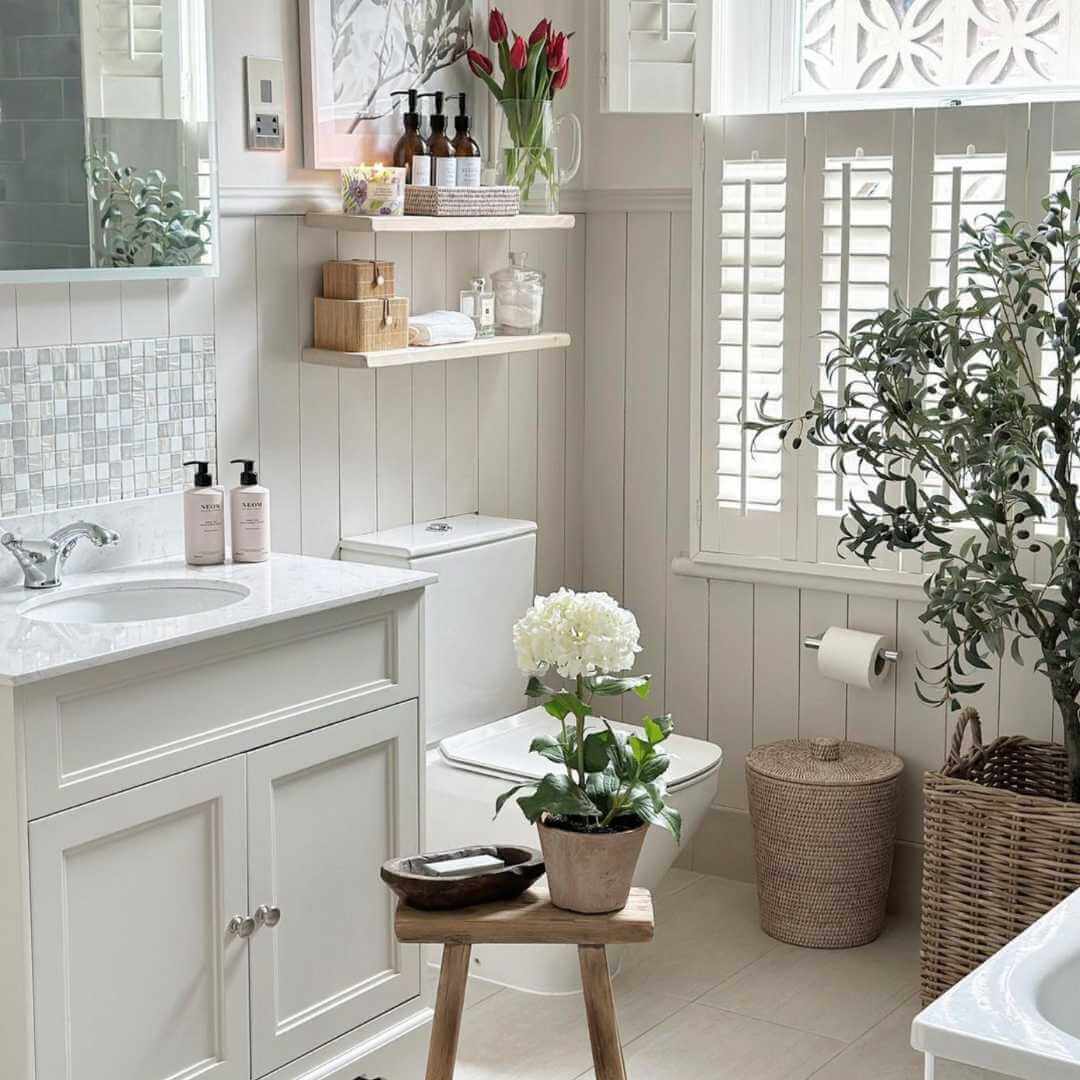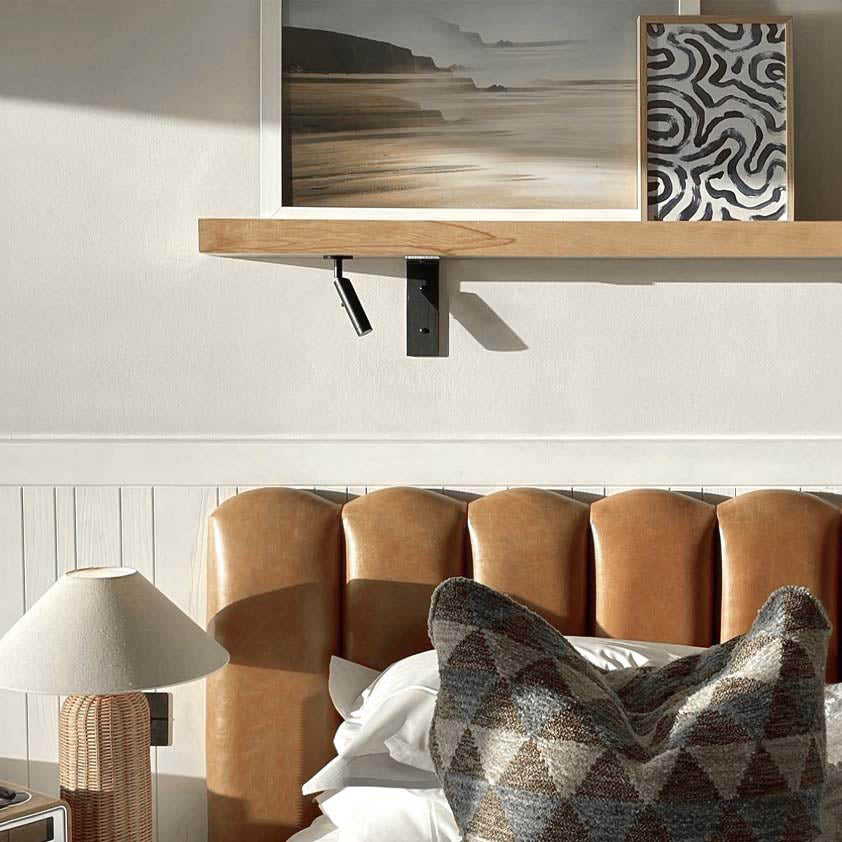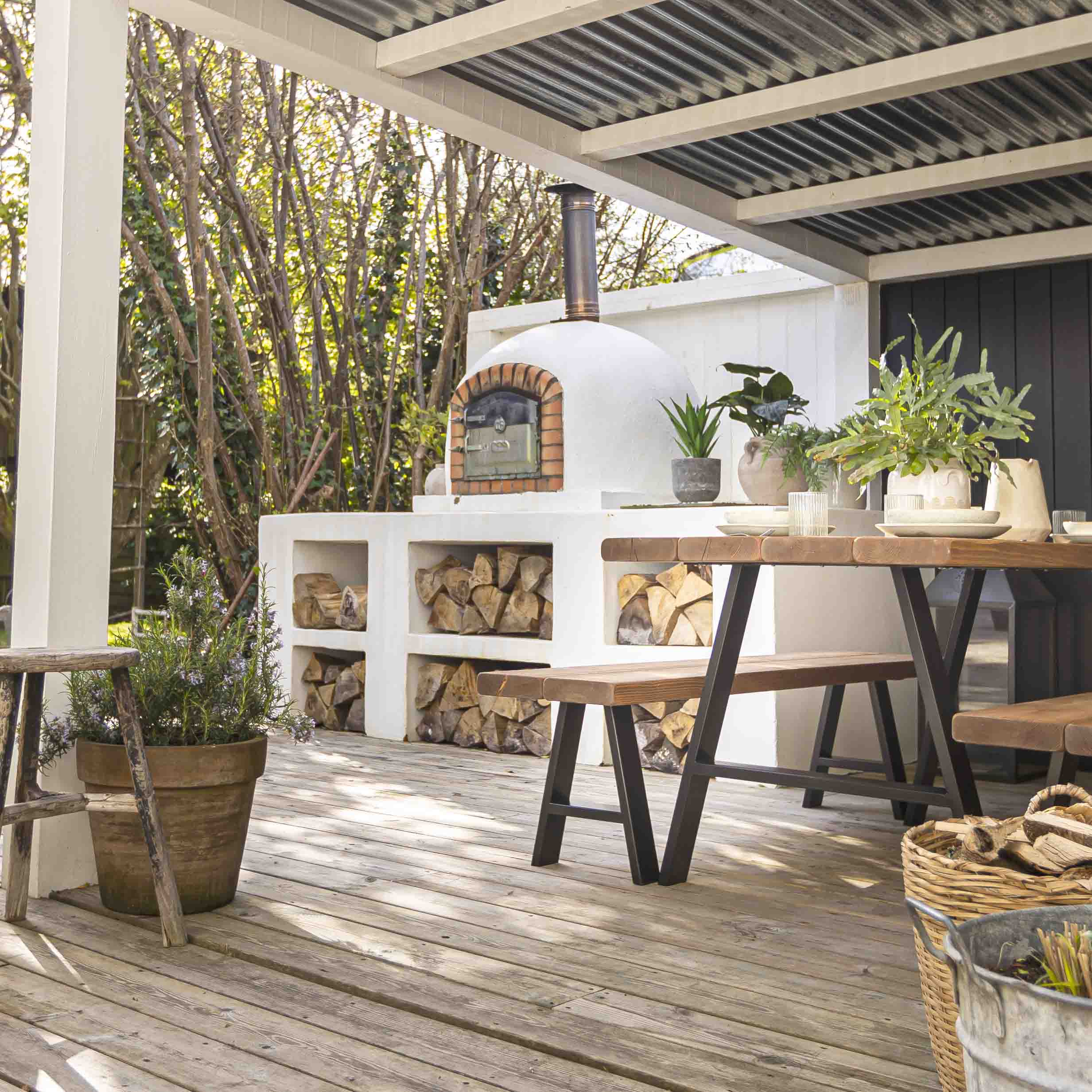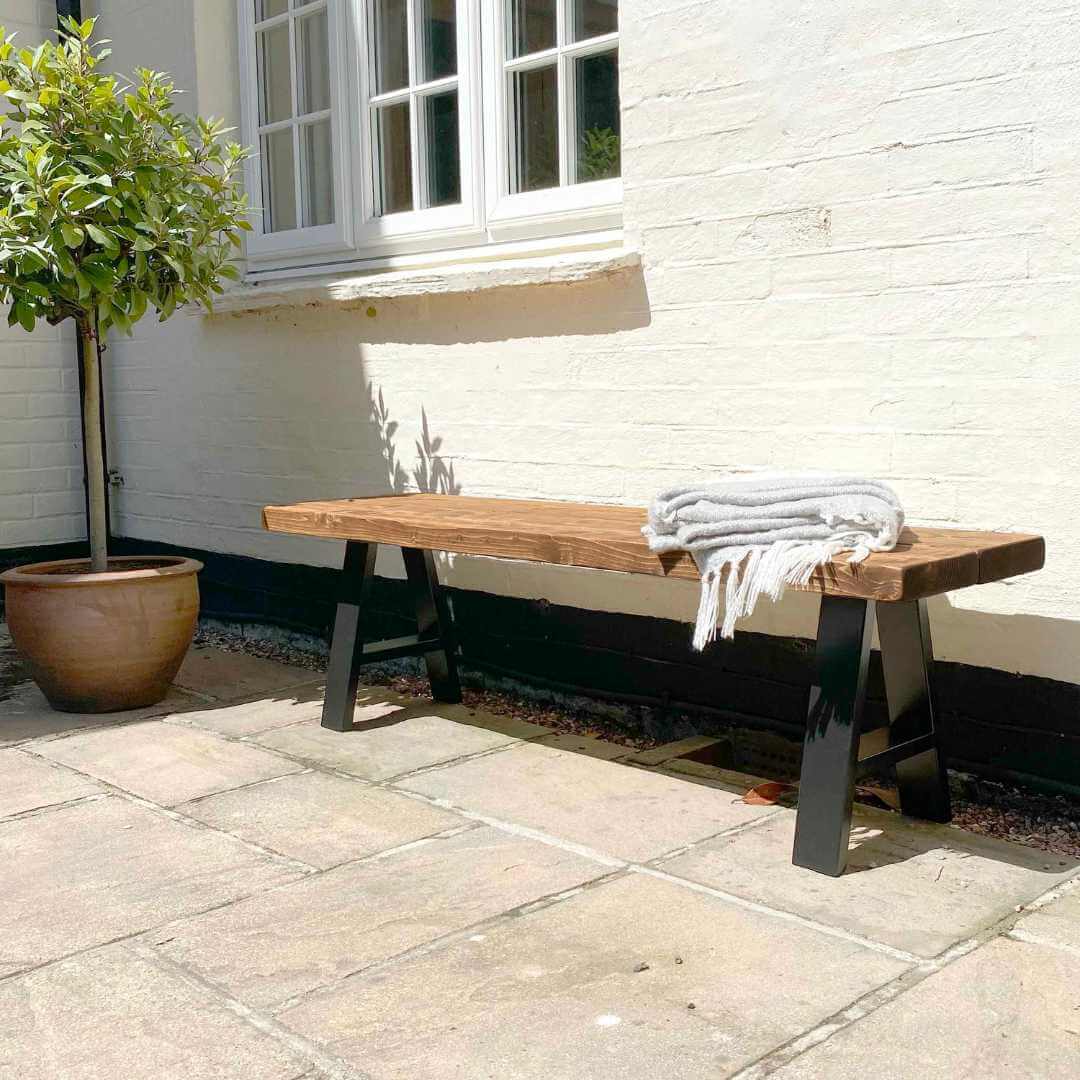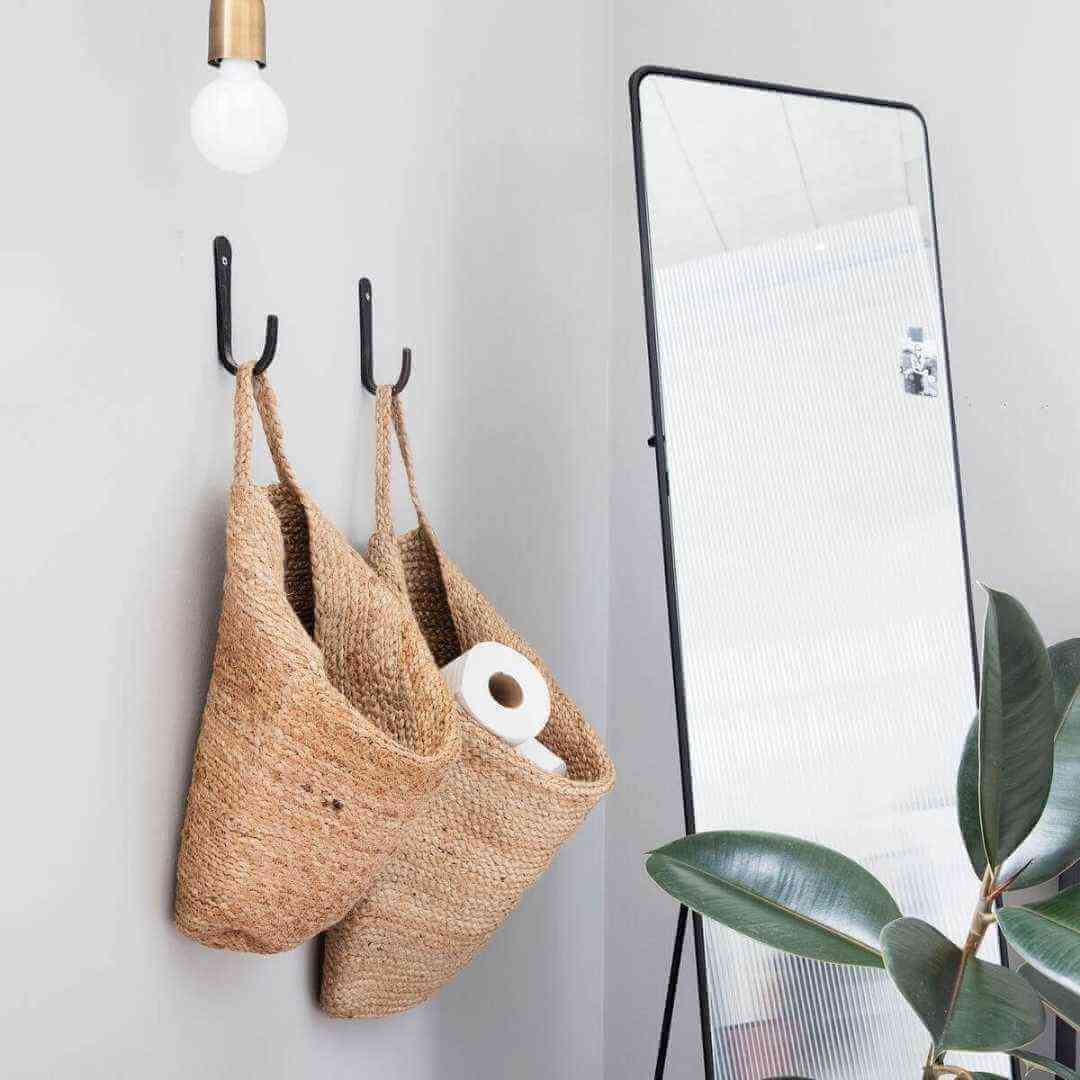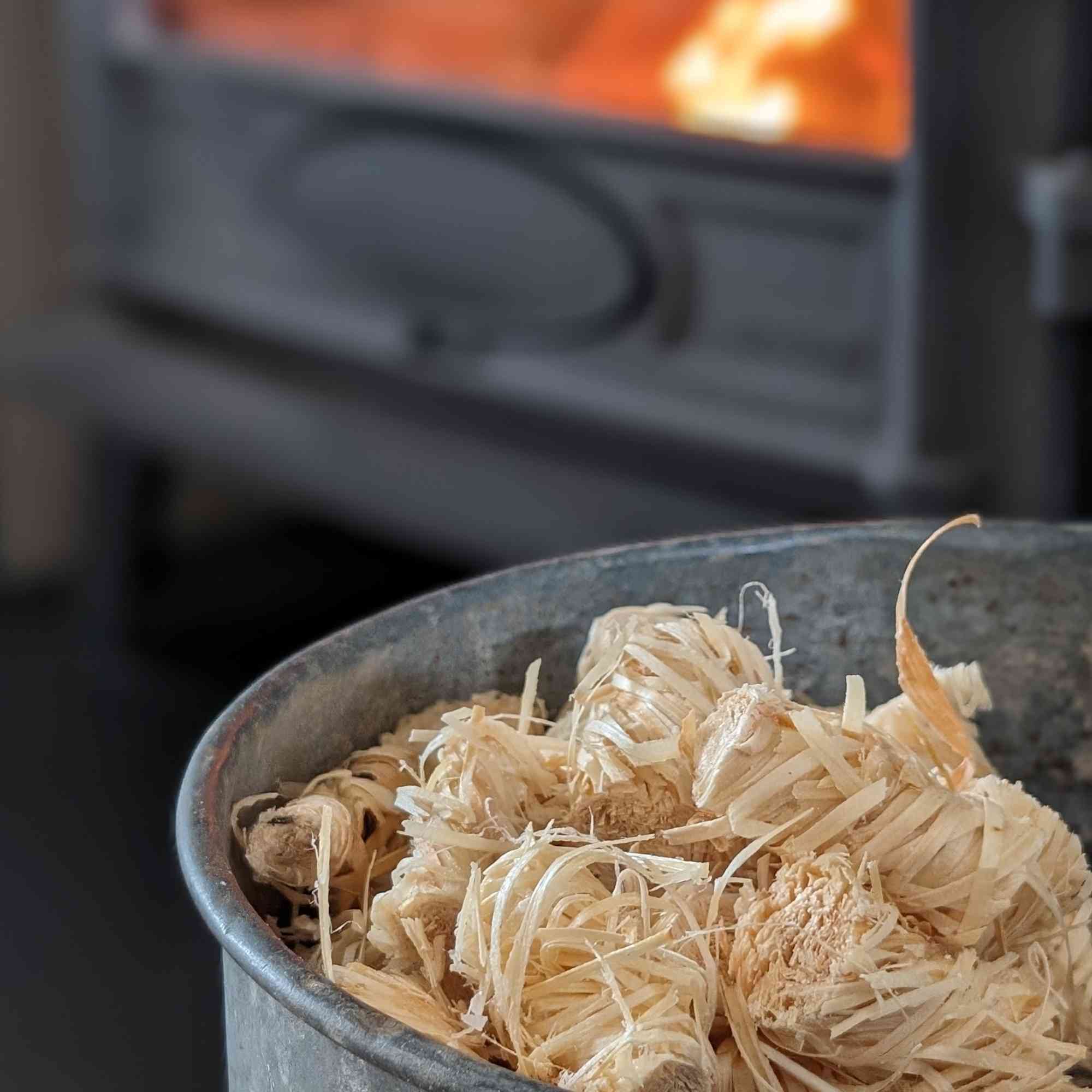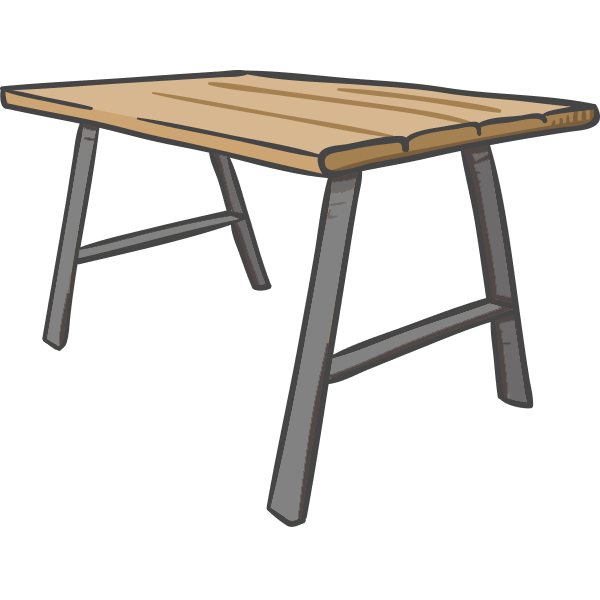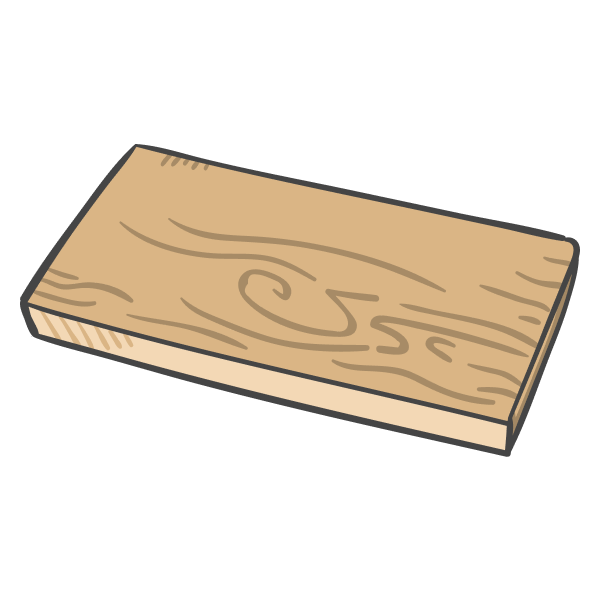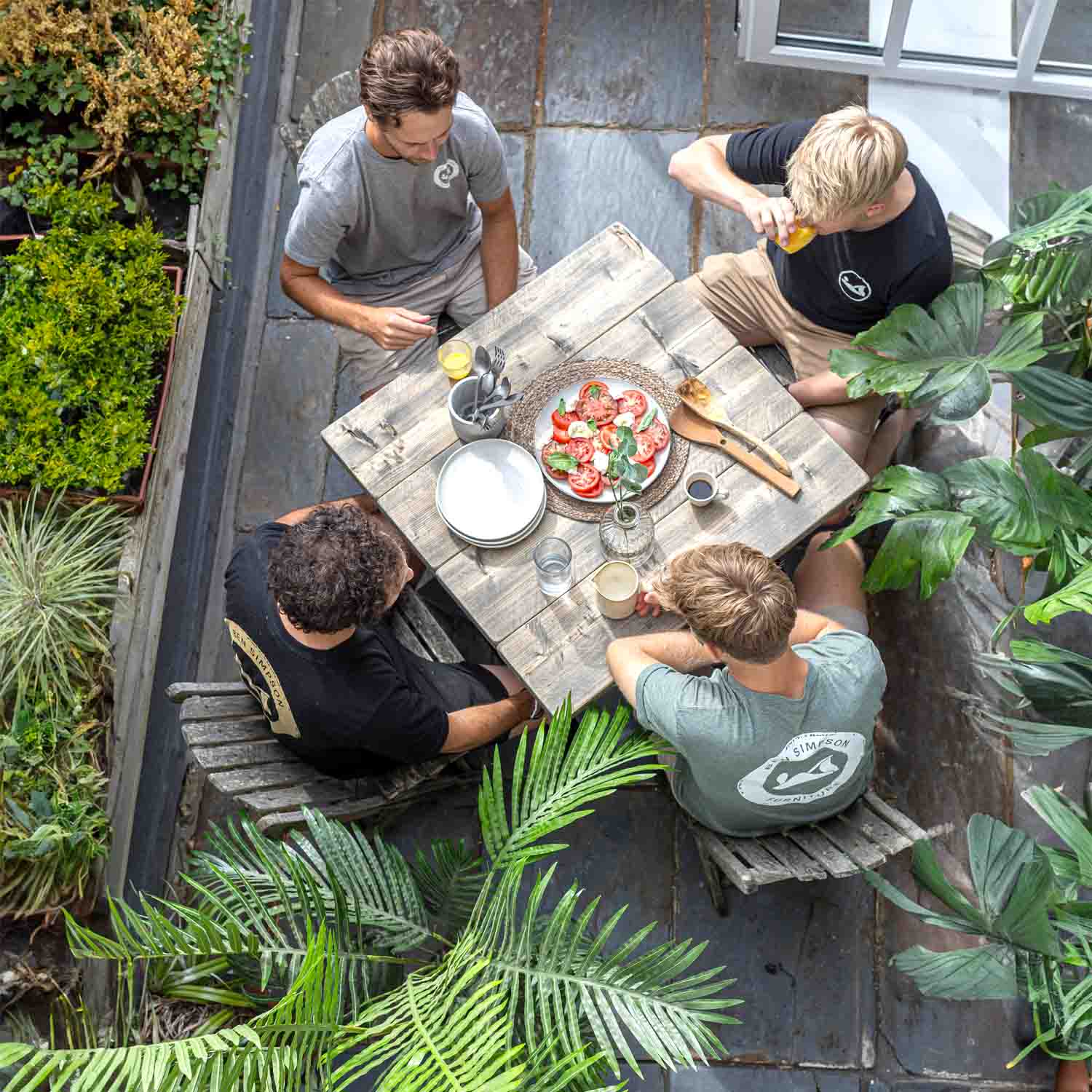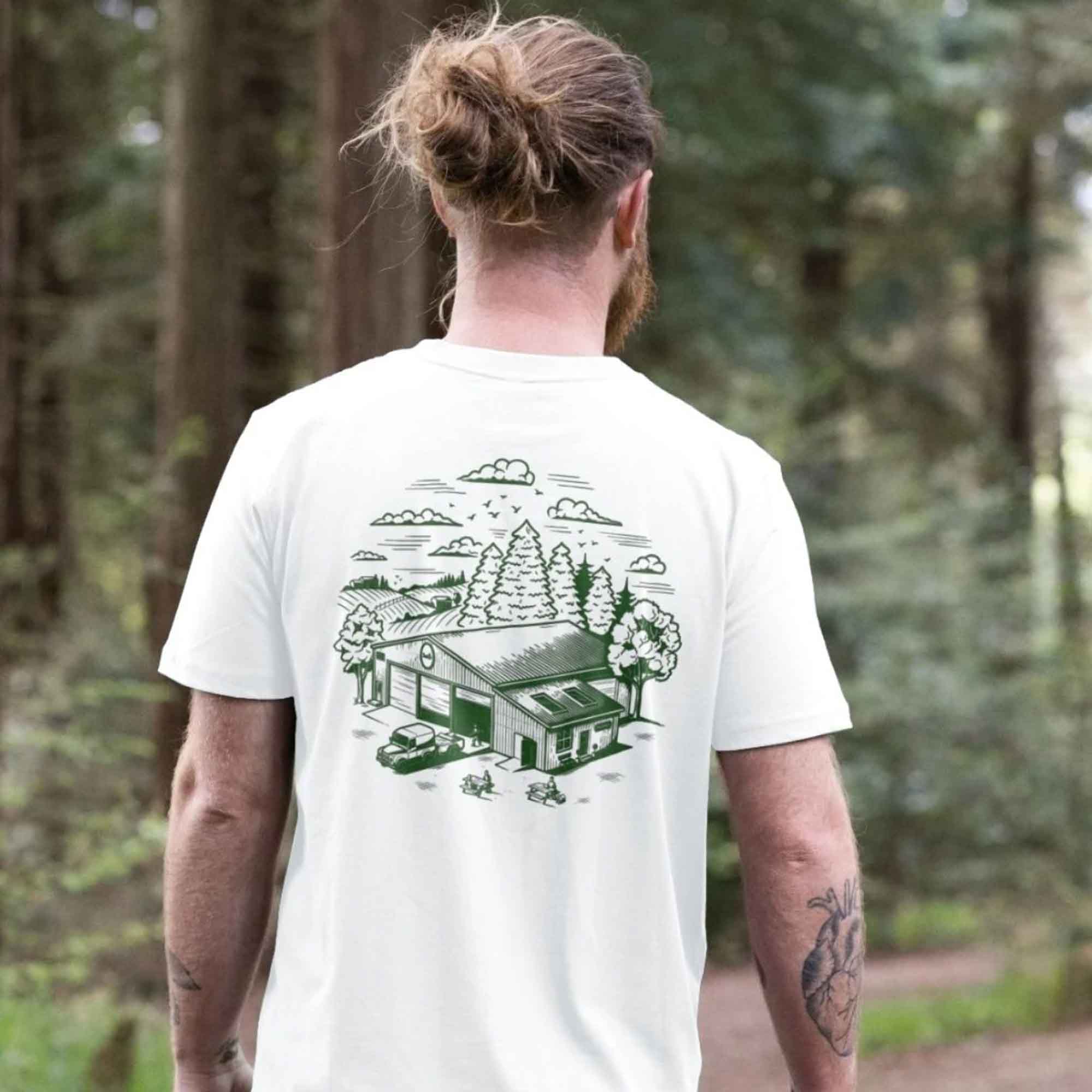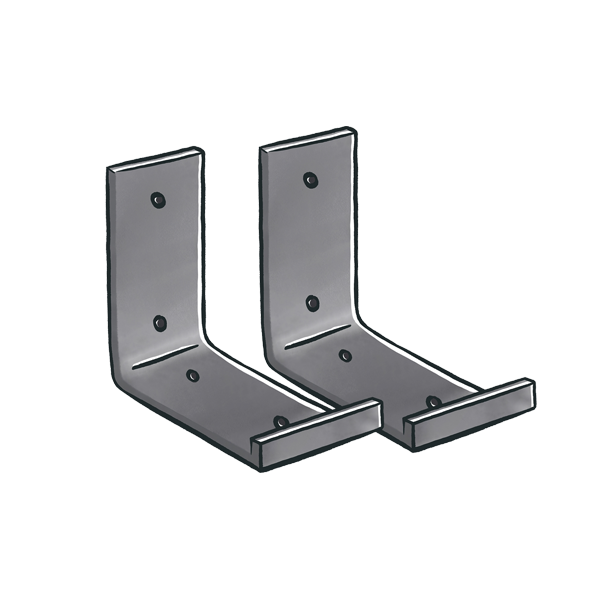The Ultimate Plant Styling Guide For Your Home
12 Minute Read
House plants have seen a resurgence in popularity over the past few years, and we think perhaps as a side effect of Instagram. Pictures of gorgeous homes, styled with the perfect accessories, and accented with expert plant styling has driven people to get plants of their own in their homes.
As well as looking great, there are scientifically proven benefits to having plants – here are some of the best reasons to have plants in your home:
🍁 To help reduce stress levels
🌿 To help increase attention span
🌱 To can help boost productivity
🌾 In home offices, they may help increase job satisfaction
🍃 They may help with recovery from illness, injury, or surgery
🌵 Looking after plants can help with mental illness
🍀 To can help improve air quality (some are more effective than others)

Whatever the reason that you’re buying plants, your home is going to look great as you add plants to your surroundings.
It is worth noting that while you don’t get the same benefits from faux plants, you can certainly make your home look great with faux plants. If you don’t have green fingers, you want to put a plant where it would be tricky to look after them (on a high shelf, for example), or you have children or pets that might try to use them as toys or eat them, or you love the look of a certain type of plant but they are toxic to pets, faux can be the answer.


Tips for looking after house plants
Most of us have bought house plants that we love, only to find that they didn’t make it past a few weeks – and dead plants are definitely not the look you want in your home!
If you’re new to keeping house plants, there are some that are super easy to look after:
Below we have included plants that can be bought directly from PATCH PLANTS | THE STEM | FLOWY
Once you’ve made your decision, you’ll also need to remember that plants take looking after – so here are a couple of tips to get you off to a good start. 💪
Check the conditions of the space before buying
Not all plants will thrive in all areas of the home – and so before buying plants, check what conditions they prefer. Some plants do well in darker spaces, while others will simply die without direct sunlight, some can cope with drier atmospheres, while others need higher humidity.
Give your plants the right care
Looking after plants isn’t just about putting a splash of water on them every now and again. Sometimes, you’ll need to prune, repot, and feed your plants if they are to thrive. A watering can isn’t an essential, but you’ll probably want a pair of shears, a potting scoop or small trowel, all-purpose plant feed, and different sized pots, so that you can give your house plants the right type of love that they need.
Styling your home with plants
When you’re styling your home with plants, you can treat them much like any other accessory that you might be using to decorate your home with, such as artwork, lamps, and vases. In this section, we’re offering tips on how to make the most of plants in your home.
Play with planters and pots
When you buy them, your plants will all be in boring brown pots, but you can choose pots and planters that work with your décor, or you can use them to provide contrast. If your décor is simple and monochrome, then you might use planters to provide pops of colour, while in colourful spaces, you might go for pots in neutral shades, to provide some balance.
In addition to colours, you can choose different heights and shapes for your plant containers, for further visual interest. A tall snake plant can be given additional height and even more impact sitting in a tall planter, and you might make the most of a tiny succulent by putting it into a colourful dish, and place it on top of a pile of books to give it a little more presence.
Your planters don’t need to be limited to sitting on shelves and other surfaces either – hanging planters are popular at the moment, and are perfect for ferns, spider plants and different types of ivy. They can be hung from ceilings, and from underneath shelves – perfect for under bracket shelves.
Contrast plant characteristics
Your plants can provide visual interest and contrast, with their different shapes, colours, and textures. Palms, ferns, and grasses all have softer textures that may move with the breeze, while spiky plants like aloe vera, cacti, and agave can provide harder lines. If you’re looking to bring bright colour and not just greenery to a space, then there are a whole host of flowering house plants, such as Madagascar jasmine, streptocarpus, and hoyas (waxflowers).
With so many types of house plants, we won’t make recommendations about which ones we think you should put together. Rather, we’ll suggest that, as with artwork and styling your shelves, try pairing different ones together for a different look as they go through their life cycle.
Less can be more
When you start collecting plants, it can be a bit addictive – especially if you have one that you nurse back to health. But you don’t have to buy loads of plants and fill every bit of space with them, unless that is the look that you’re going for, of course. A single statement plant in the centre of a fireplace mantel, a pretty flower in a country styled bedroom, and maybe a eucalyptus to release a spa-like scent and to add to bathroom décor might be more effective than too many.
Final Thoughts
Keep in mind that plants can be used as decorative accessories like any other type of ornament, and styling plants becomes simple – although we definitely can’t promise that keeping your plants alive will be anywhere near as easy! If you’ve been inspired by this post, and you’re styling your home with plants – especially when they’re on Ben Simpson Furniture – tag us in your social media posts.
Follow our Instagram
Tag @bensimpsonfurniture & join our community!
Related Posts...

How to Mix Décor Styles for a Unique Look
Ben Simpson Furniture

Looking After Your Garden Furniture
Ben Simpson Furniture

Top Tips For Hosting Summer Gatherings
Ben Simpson Furniture

Tips For Maintaining Your Furniture
Ben Simpson Furniture

Nursery Styling Ideas
Ben Simpson Furniture

